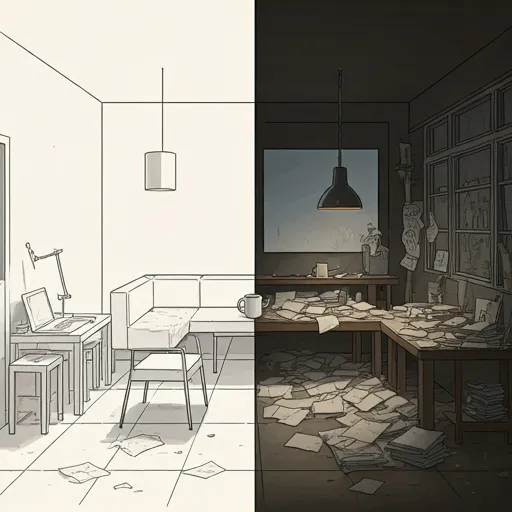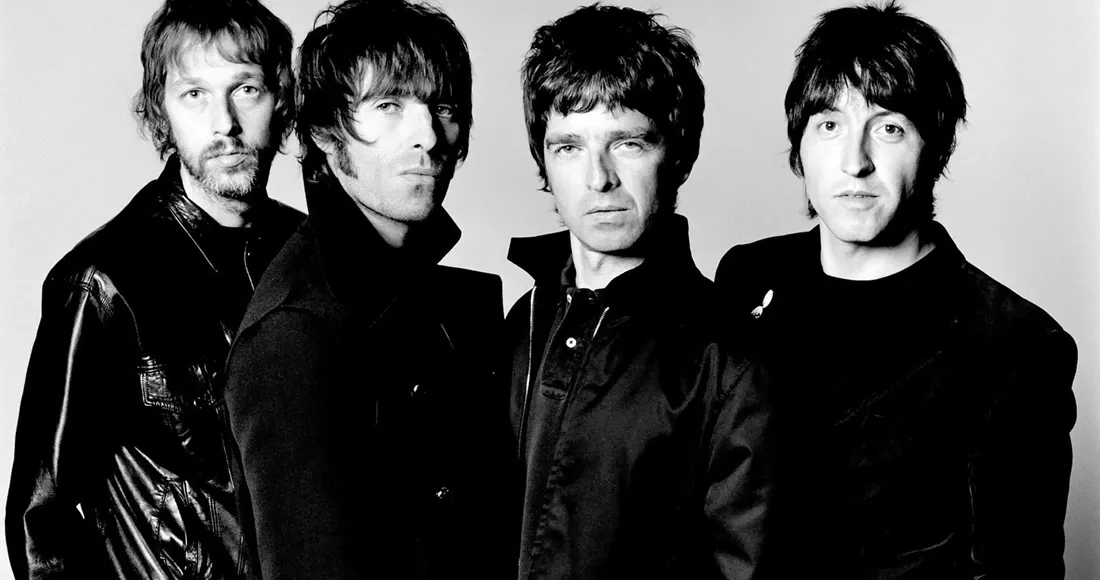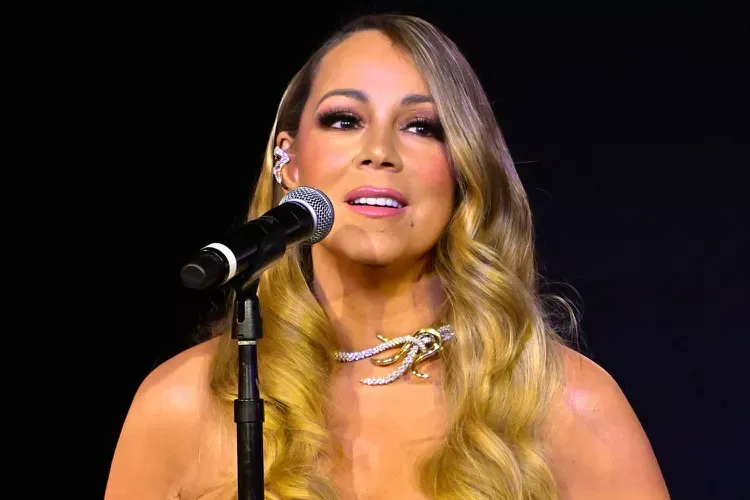Growing Up in a Divided Home: Finding Myself Between Two Worlds
By Tharbiskahn
My parents separated when I was just two years old, so I never really experienced what life was like with them together. My childhood was spent primarily with my mother, while my father was a part of my life only on weekends every other week and for a month during the summer. It was a fragmented experience – two very different worlds that I was constantly shifting between.
My mother was a free-spirited hippie, open-minded and laid-back. My dad, on the other hand, was career military – strict, disciplined, and very much a by-the-book type of person. He held high expectations for my brother and me, expectations that clashed with the freedom we were usually given in our daily lives. My dad and mom often argued, mostly about him wanting to spend more time with us, but my mom had firm boundaries. She knew what it was like to be with him when things got tough, and physical abuse was part of their relationship when they were together. So, those boundaries were her way of protecting us.
There was a pattern in our relationship with my father. Whenever things got difficult, he would disappear for a while. We wouldn’t hear from him, and then, suddenly, he’d come back, and things would return to some version of normal. But that normal never lasted. Arguments would flare up again, and he’d be gone, leaving us in a state of emotional limbo.
A Father’s Expectations and a Struggle for Acceptance
When my father was present, it wasn’t always easy. He wasn’t the most loving or understanding dad. I think he had this idealized image of what a family should be – something like the picture-perfect "Leave it to Beaver" household. But that was never going to be our reality, and he couldn’t accept that. He was hard on us, often over small things like forgetting to take out the trash or accidentally breaking something, as kids often do. I vividly remember him calling us “dumb” and telling us we wouldn’t amount to much. It stung – deeply.
My dad had a vision of us being tough, rugged, country boys, but my brother and I were nothing like that. We were more artistic, creative, and sensitive. Instead of trying to understand who we were, my dad tried to mold us into something we could never be. He didn’t value or acknowledge our strengths – only saw what we lacked in comparison to his expectations. He and my stepmother would even make fun of how we looked or acted, reinforcing the idea that we just weren’t good enough in their eyes.
My Mother’s Struggles
My mom had her own issues too, but they were of a different kind. She wasn’t abusive, but she was overwhelmed. As a single mother with no college education, raising two kids in the late ‘80s was incredibly hard. I don’t hold it against her now, but growing up, it was tough to feel like she didn’t really want us around. She was emotionally distant at times, more focused on survival than on being an engaged parent.
I never doubted that my mother loved us, but her love often felt more like an obligation than an active, nurturing force in our lives. It was a constant balancing act – living between a father who didn’t want us to be ourselves and a mother who was just trying to keep her head above water.
Finding My Own Path
Looking back, those years of feeling pulled between two very different parents shaped me in ways I’m still unpacking. It wasn’t easy being torn between a father who wanted us to fit into his narrow mold and a mother who didn’t always have the emotional bandwidth to fully engage with us. But it also pushed me to find my own identity, outside of the expectations of either parent.
I’ve come to accept that my parents, like all people, were imperfect. They were navigating their own struggles, doing the best they could with what they had. While it was tough, those experiences helped me become resilient, creative, and independent – qualities I might not have developed otherwise.



